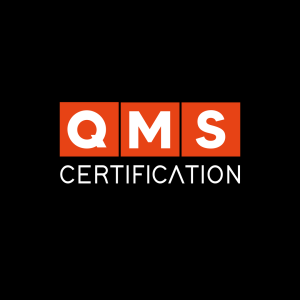U.N. scientists say the world has over a decade to get climate change under control. The Intergovernmental Panel on Climate Change (IPCC) recently released a report noting that the world has until the year 2030 to mitigate global warming and keep temperature rises to no more than 1.5ºC. Read the role that ISO 14001 certification plays in mitigating climate change.
 A Collective Action Problem
A Collective Action Problem
The threat of climate change might just be one of the biggest challenges of our time. “The next few years are probably the most important in our history,” said Debra Roberts, Co-Chair of IPCC. Rising temperatures have drastic impacts on sea level rise and thus the loss of ecosystems. Even the slightest change in temperature makes a difference.
When it comes to climate change, many problems arise directly from human activity and the perpetual use of our natural resources for industry. Overall, the issue is a collective action problem, and when businesses talk about climate change the first thing they mention is cost. But can we really put a price to a clean atmosphere, which is known to be a limited resource that someday will unequivocally become too expensive to clean? The protection of the environment and climate change control should be considered in business and elsewhere as an expense, rather than “too expensive”.
What is the ISO 14000 family of standards?
The ISO 14000 is a series of environmental management standards developed and published by the International Organization for Standardization (ISO). They are meant for companies and organizations and provide practical tools for companies of any industry to manage their environmental responsibilities and improve their environmental performance.
The most common standard of the family is the ISO 14001, which specifies requirements of an environmental management system (EMS). It uses a systemic approach to controlling environmental issues within a company and it’s based on the Plan-Do-Check-Act cycle.
How does ISO 14001 help organizations mitigate and adapt to climate change?
One of the main ways ISO 14001 helps organizations mitigate climate change is by enforcing a strategy and planning that includes a far greater commitment from management and leadership to identify and control the environmental aspects and impacts of the organization.
It embodies a life-cycle approach to address environmental aspects and tackles into limiting greenhouse emissions in excessive amounts during the life-cycle of products or services.
Moreover, the new version of the standard, ISO 14001:2015, emphasizes the following:
- The establishment of a communication strategy
- A greater focus on improving the company’s overall environmental performance
- The inclusion of environmental management into all aspects of the organization
- A proactive initiative towards the protection of the environment from degradation such as using sustainable resources which mitigate the consequences of climate change
Seeking ISO 14001 certification is just one of the ways in which you can show your dedication to cutting the effects of climate change. Whether you are a one-person business, or a big corporation, we all should do our part and contribute to the protection of the environment.
QMS is an accredited registrar which certifies companies in ISO 14001. You can contact us at anytime for a quote, questions or concerns at contact@qms-certification.com.











